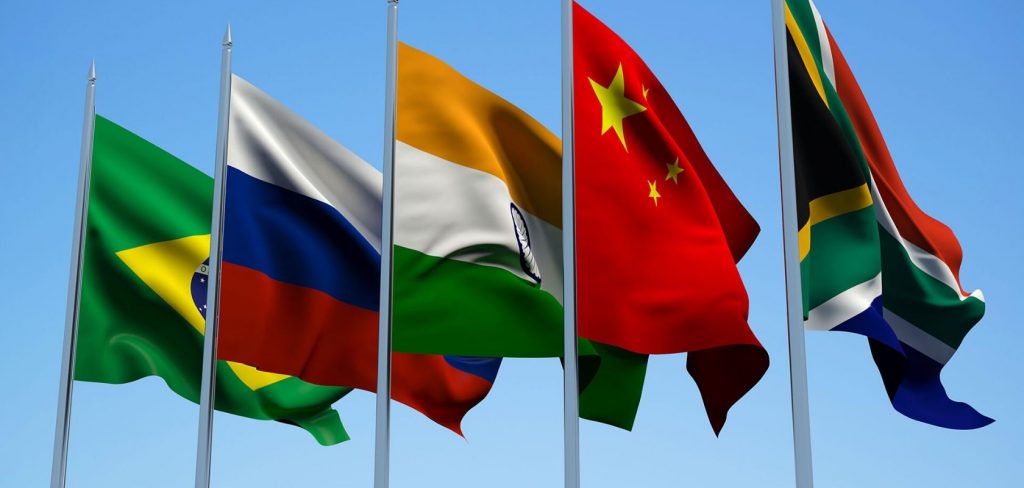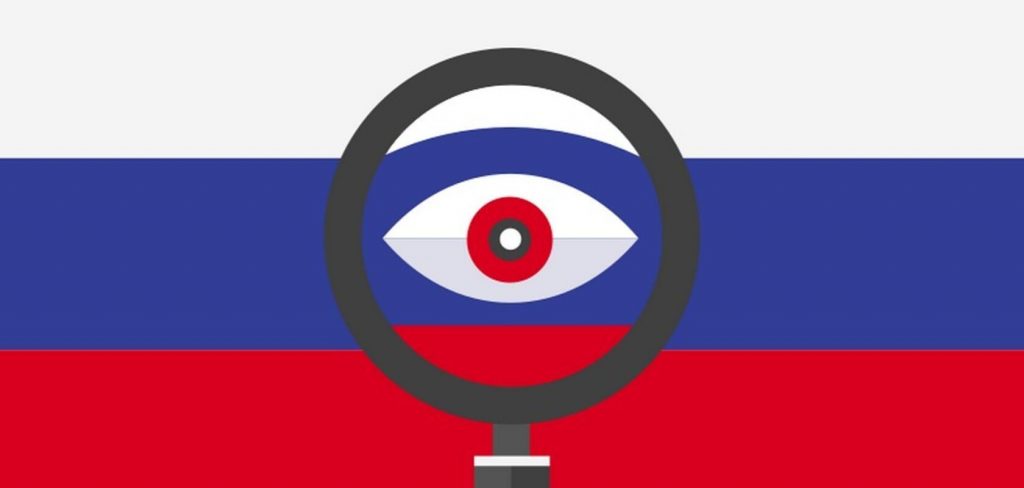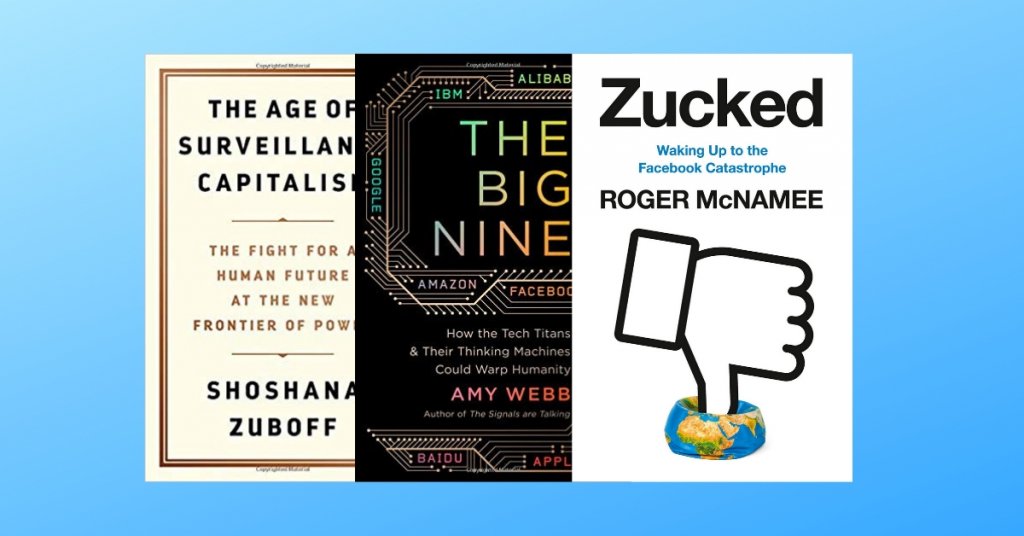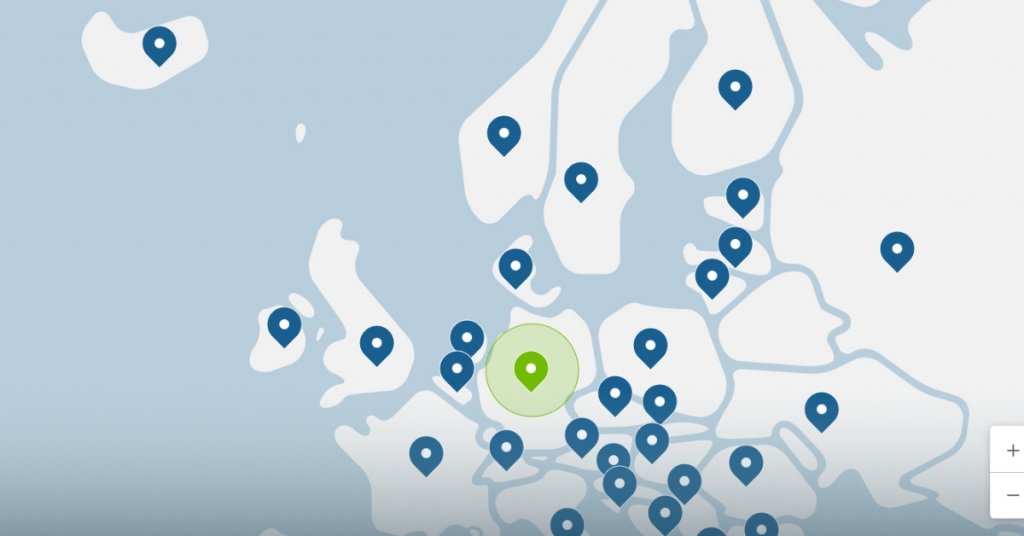
BRICS countries make strides towards digital sovereignty
BRICS is an international association made up of five countries – Brazil, Russia, India, China, and South Africa. Taken together, their population forms about 42%

BRICS is an international association made up of five countries – Brazil, Russia, India, China, and South Africa. Taken together, their population forms about 42%

Last week, the Russian Parliament, the State Duma, adopted a bill in the first reading on GDPR-esque fines for violation of a personal data residency law. The fines under the new bill would amount to a max of $280,000.

This isn’t the first time these VPNs have faced the issue of security flaws.

It would repeal the Privacy and Electronic Communications Directive 2002 (ePrivacy Directive) and is lex specialis to the General Data Protection Regulation.

The data law has several pitfalls that other state legislators will be able to learn from.

Ironically, the company had previously been helping many of its clients navigate the GDPR.

“Free” services like Gmail come with a hidden cost.

The proposed law is stricter than both European privacy laws and California’s proposed law.

Tinder has complied with the request of the Russian government in order to continue operating in Russia.

It’s been a year since GDPR launched. Here’s what happened.

Data protection as a service can be difficult to wrap your head around.

A purely legislative initiative is never going to be enough – strong engagement with the tech industry and the people involved is necessary for the measures to work efficiently.

Articles 11 and 13 of the Directive (commonly known as “the link tax” and “the upload filter”) have drawn much resistance and criticism from government officials, legal professionals, content creators, and internet users.

We’ve selected a few released and to-be-released books about the state of the internet today that would hopefully help you make sense of it and decide how you’re going to let internet affect your life from now on.

Google’s AI allows it to scan your images for recognition of faces, brands, locations, and preferences, and subsequently target ads and other information towards you.

Some people turn their VPN on when they want to perform a certain task. Here’s how to decide whether to leave it on all the time.

We’ve reached an era when average consumers should be using VPNs to protect their privacy.

BRICS is an international association made up of five countries – Brazil, Russia, India, China, and South Africa. Taken together, their population forms about 42%

Last week, the Russian Parliament, the State Duma, adopted a bill in the first reading on GDPR-esque fines for violation of a personal data residency law. The fines under the new bill would amount to a max of $280,000.

This isn’t the first time these VPNs have faced the issue of security flaws.

It would repeal the Privacy and Electronic Communications Directive 2002 (ePrivacy Directive) and is lex specialis to the General Data Protection Regulation.

The data law has several pitfalls that other state legislators will be able to learn from.

Ironically, the company had previously been helping many of its clients navigate the GDPR.

“Free” services like Gmail come with a hidden cost.

The proposed law is stricter than both European privacy laws and California’s proposed law.

Tinder has complied with the request of the Russian government in order to continue operating in Russia.

It’s been a year since GDPR launched. Here’s what happened.

Data protection as a service can be difficult to wrap your head around.

A purely legislative initiative is never going to be enough – strong engagement with the tech industry and the people involved is necessary for the measures to work efficiently.

Articles 11 and 13 of the Directive (commonly known as “the link tax” and “the upload filter”) have drawn much resistance and criticism from government officials, legal professionals, content creators, and internet users.

We’ve selected a few released and to-be-released books about the state of the internet today that would hopefully help you make sense of it and decide how you’re going to let internet affect your life from now on.

Google’s AI allows it to scan your images for recognition of faces, brands, locations, and preferences, and subsequently target ads and other information towards you.

Some people turn their VPN on when they want to perform a certain task. Here’s how to decide whether to leave it on all the time.

We’ve reached an era when average consumers should be using VPNs to protect their privacy.